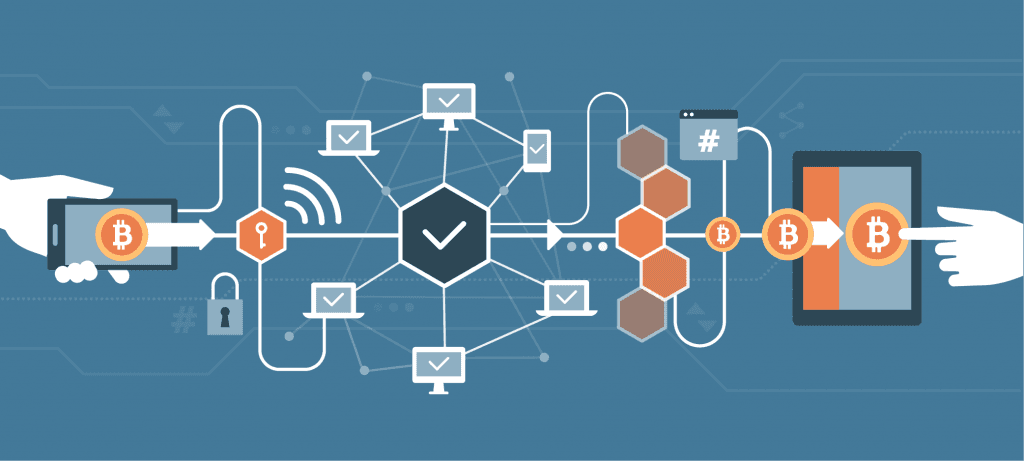Blockchain technology, originally developed as the backbone of cryptocurrencies like Bitcoin, has evolved into a powerful tool with far-reaching implications for various industries. One of the areas where blockchain development is making a substantial impact is online transactions. In this article, we will explore the numerous benefits that blockchain technology brings to online transactions, reshaping the way we exchange value and conduct business on the internet.
1. Enhanced Security
Security is paramount in online transactions, where sensitive financial and personal information is exchanged. Blockchain’s decentralized and immutable ledger provides a high level of security. Each transaction is recorded in a transparent and tamper-resistant manner, reducing the risk of fraud, hacking, or unauthorized alterations.
Blockchain’s cryptographic techniques ensure that data remains confidential and that only authorized parties have access to transaction details. With no central point of failure, blockchain significantly reduces the vulnerability associated with traditional online transaction systems.
2. Transparency and Traceability
Blockchain’s transparency ensures that every transaction is recorded and can be verified by participants in the network. This transparency reduces disputes and provides a clear audit trail for transactions. Customers and businesses can track the status and history of their transactions in real-time, fostering trust in the online transaction process.
3. Cost Efficiency
Traditional online transaction systems often involve intermediaries, each of which adds to the cost and time required for a transaction to be completed. Blockchain eliminates the need for intermediaries by enabling peer-to-peer transactions. This reduces transaction fees, accelerates settlement times, and ultimately lowers the overall cost of conducting online transactions.
Also Read-A Comprehensive Guide For Blockchain App Development
4. Global Accessibility
Blockchain transcends geographical boundaries, making it a global solution for online transactions. It allows individuals and businesses to engage in cross-border transactions without the complications of currency conversions, international transfer fees, and delays. This accessibility is particularly beneficial for e-commerce businesses looking to expand their reach to international markets.
5. Smart Contracts for Automation
Smart contracts, self-executing agreements with predefined rules, are a prominent feature of blockchain technology. They enable automated online transactions without the need for intermediaries. For example, in an online purchase, a smart contract can automatically release payment to the seller once the product is delivered or a service is performed to the buyer’s satisfaction. This automation streamlines online transactions and reduces the risk of disputes.
6. Reduced Chargeback Fraud
Chargeback fraud is a common issue in online transactions, where a customer disputes a legitimate transaction after receiving the product or service. Blockchain’s transparency and immutability make it harder for fraudulent chargebacks to occur. Once a transaction is recorded on the blockchain, it becomes nearly impossible for a customer to deny it, reducing the risk for online businesses.
7. Immutable Record Keeping
Every transaction on a blockchain is stored in a chronological order, forming an immutable record. This feature ensures that transaction history cannot be altered or deleted, providing a reliable and permanent record of online transactions. This can be particularly valuable for regulatory compliance and auditing purposes.
Conclusion
Blockchain technology is revolutionizing online transactions by offering enhanced security, transparency, cost efficiency, and automation. It eliminates the need for intermediaries, reduces the risk of fraud, and facilitates cross-border transactions. As businesses and consumers increasingly recognize these benefits, blockchain is poised to become an integral part of the online transaction landscape, reshaping the way we conduct business on the internet.





Comments